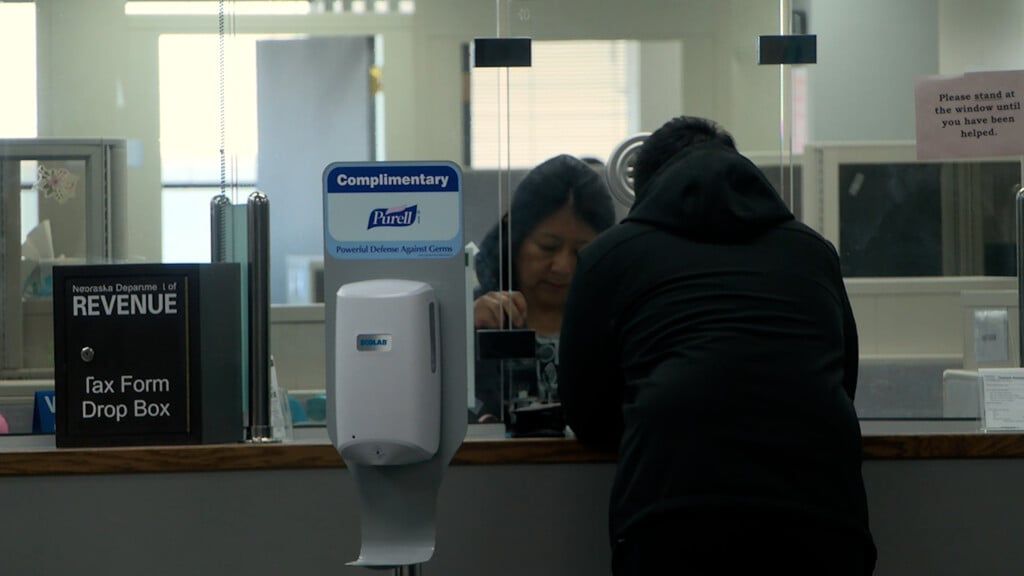‘Your Wallet’: In Nebraska, taxes and more reach from beyond the grave
LINCOLN, Neb. (KLKN) — You may be under the impression that estate planning is only for the wealthy, but a Nebraska attorney said nothing could be further from the truth.
Planning for your financial future is hard enough without running into pitfalls that could cost you more.
If you don’t plan ahead for your death, you could be leaving your loved ones with unexpected expenses they don’t know they’re responsible for.
Channel 8 spoke to an estate planner who said transferring your wealth after death is not as easy as signing a few documents and inheriting your loved one’s belongings.
In Nebraska, things are a bit more complex, and if not handled properly, beneficiaries could find themselves on the receiving end of penalties, fees and lawsuits.
“Nebraska is one of five or six states that has an inheritance tax,” estate attorney Matthew Wiesenthal said. “And what it is, is a tax on the transfer of wealth from one person to their beneficiaries.”
Here’s how it works: If your estate — meaning anything you own, including property, land, cars, bank accounts, IRAs and 401(k)s — totals more than $40,000, your beneficiary has to pay an inheritance tax.
Wiesanthal said that’s where people get tripped up.
“The thing that a lot of people don’t now is that Nebraska inheritance tax is an automatic lien on your house when you die,” he said. “So in order to be able to sell the house when you pass away, your family will have to prove that there is no tax or get an order from the judge that says, ‘Here’s what the tax is,’ and pay it.”
But what happens if you don’t have the money to pay the inheritance tax upfront?
That’s when you need to see an estate attorney, who can petition to liquidate assets so the tax can be paid.
And the financial responsibility after death doesn’t end with Nebraska’s inheritance tax.
Wiesanthal said any bills or taxes owed that are lingering after death are expected to be paid out of the person’s estate.
“Death is not a get out of bills free card,” he said. “The way the law works in Nebraska is you have to get Mom or Dad’s bills paid before you can go buy yourself a new car.”
Under state law, government programs like Medicaid have the right to open up a claim to recoup any money spent for years of public assistance.
“You can’t inherit a whole bunch of money and not pay off somebody else’s bills,” Wiesanthal said.
If this all seems overwhelming, Wiesenthal had one final tip for the best way to handle it without worrying about potential lawsuits that could come back to bite you.
“‘The big takeaway is if your alive, talk to a lawyer,” he said. “If Mom or Dad dies, talk to a lawyer.”
Editor’s note: This report is part of a weekly series Channel 8 is airing, called “Your Wallet.” We’ll be looking into any topics that deal with your money. The reports air every Monday during the Channel 8 News at 6 p.m.




